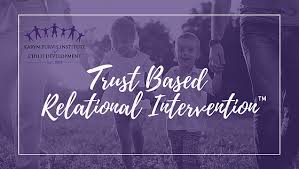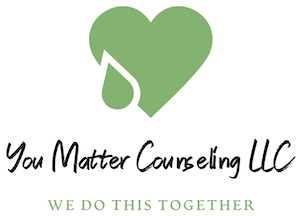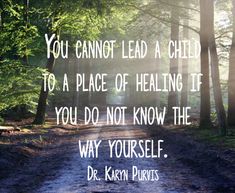Our Experiences Can Affect How We Parent
Your parenting choices profoundly shape your child’s emotional and social growth. They observe and learn from your actions, adopting beliefs, values, and behaviors. Research from the Karin Pervis Institute for Child Development underscores the crucial role of connection in a child’s sense of self. Without healthy relationships, especially with parents, a child’s identity may struggle to form as intended. We are inherently wired for connection, and when these bonds are lacking or harmful, it can hinder our development.
Our Histories
Many parents today experienced emotional neglect or lacked emotional intimacy in their own upbringing. Raised with traditional beliefs like “children should be seen and not heard” and acceptance of physical punishment, they developed tough emotional defenses to cope with loneliness. As adults, they may unintentionally replicate these patterns, perpetuating intergenerational trauma in their own parenting approach.
 According to Ana Gomez, Psychotherapist and Author:
According to Ana Gomez, Psychotherapist and Author:
- The parent may be highly traumatized by living through the traumas of their children and the healing needs to take place in both the child and the parent.
- Due to the parents’ early experiences with their own parents, they may have difficulties setting boundaries with their kids, or they may be overprotective, neglectful, abusive, distant, or too intrusive.
- Parents’ emotional problems can affect their children’s emotional, physical, and psychological development. For instance, a parent with depression, without knowing or intending to, may neglect their child’s needs for connection and love. This can result in having a child with emotional and behavioral problems.
We repeat the past because the most primitive parts of our brain tell us that safety lies in familiarity – John Bowlby, psychologist and founder of Attachment Theory

Parenting and Adoption
Parenting the adopted or fostered child requires a parent to learn so many different skills and topics to understand and lead their children. Children can develop attachment-related injuries, which then makes it harder for the parent to connect on a deeper level and the cycle continues. Adopted and foster kids need help with:
- Attachment /Identity Development
- Early/ Relational Trauma
- Grief/ Deregulation
- Emotional/ Behavioral Regulation

What is TBRI?
TBRI is an attachment-based, trauma-informed intervention that is designed to meet the complex needs of vulnerable children. TBRI uses Empowering Principles to address physical needs, Connecting Principles for attachment needs, and Correcting Principles to disarm fear-based behaviors. While the intervention is based on years of attachment, sensory processing, and neuroscience research, the heartbeat of TBRI is connection.
Click here for a video on the TBRI Intervention.
Contact me for a FREE 15 min phone consultation!


